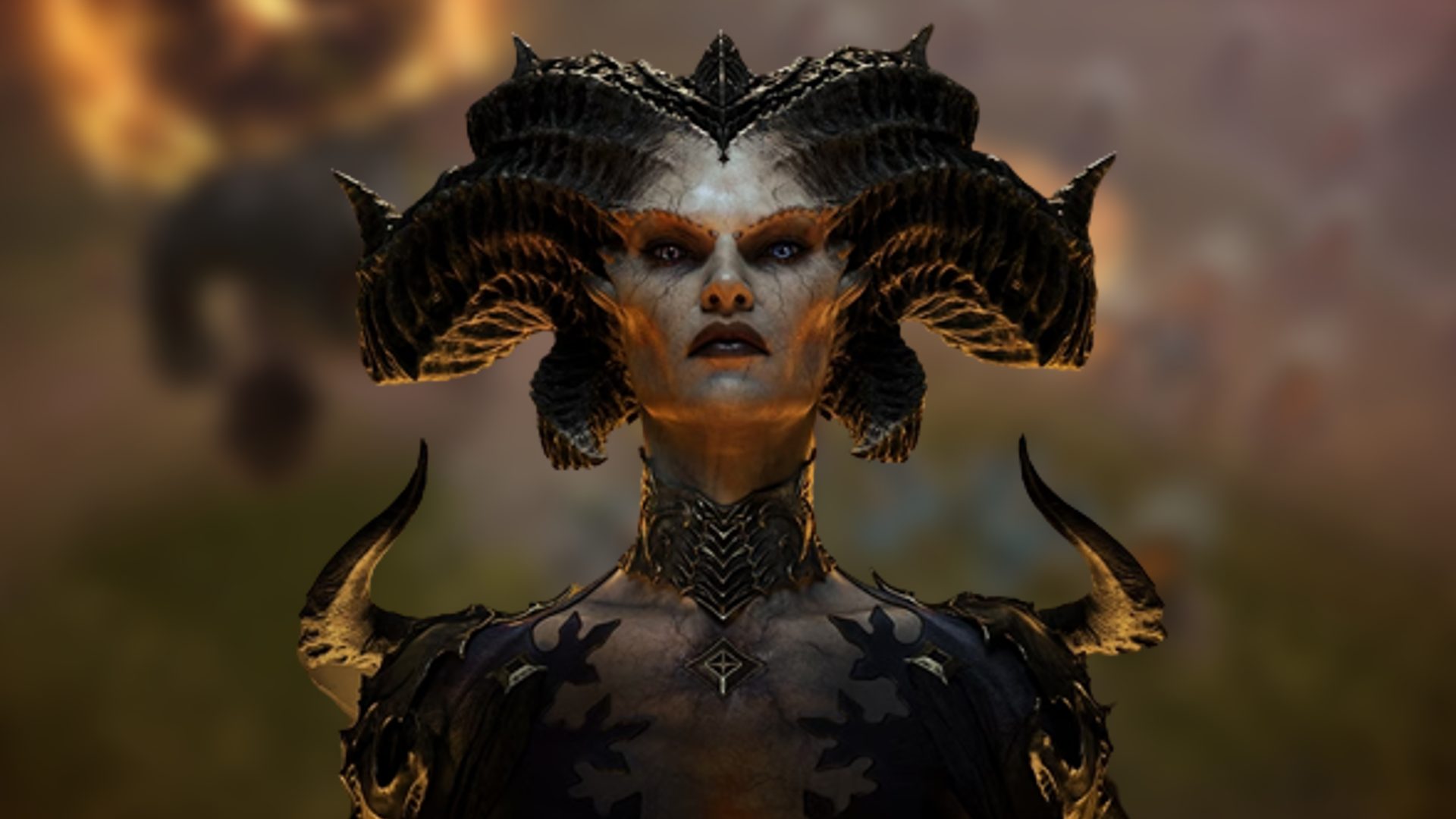In Diablo 4 which profession should you choose to play
If you've never played any of Blizzard's other role-playing games before, choosing which character class to play as first in Diablo 4 might seem like an impossible task. Once you begin the game, there is no way to test the different classes, there is no way to get a detailed overview of how each class plays, and there is no option to switch classes. However, there are two classes that can be played by players of any level of expertise and make it a little bit easier to make your way through hell.
In Diablo 4, which class is best to begin with?
We suggest that you play as the Necromancer, the Sorcerer, or the Rogue if you want the game to go as smoothly as possible. Players who are just getting started with Diablo might want to begin with the Necromancer or the Sorcerer class. Both of the classes have a combination of ranged and melee attacks, as well as some powerful passives that assist them in overcoming challenges in solo play as well as in multiplayer.
The Rogue is another powerful class, albeit one that is slightly more difficult to play. Energy is used to power Rogues' more powerful skills; however, the management and replenishment of this resource requires a bit more planning than the management and replenishment of Necromancer's Essence and Sorcerer's Mana. They won't truly shine until you unlock their higher-tier Agility and Subterfuge skills, after which they will be able to show off their full potential.
Necromancer pros
Anyone, but especially newcomers who are still getting used to how Diablo works, should seriously consider playing as a Necromancer. This class is fantastic. The ability to resurrect the dead is their defining trait. By interacting with the bodies of your defeated opponents, you have the ability to resurrect and control up to four skeletons at any given time. These will automatically attack enemies, and you can learn other skills to help boost their damage and change the way they behave. The fifth summon is a skeletal mage who, for a predetermined amount of time, increases your attack damage. The fact that your foes will focus their attacks on your skeletons significantly reduces the likelihood that you will be overwhelmed.
Other skills available to the Necromancer include a variety of powerful bone-based attacks that have the potential to hit multiple foes at once and even temporarily trap them. These are the best skills, but you can try your hand at blood magic to make enemies explode and shadow magic to debuff other players.
Confessions of a Necromancer
Because the Necromancer has a low defense and no movement skills, it is possible that you will take a significant amount of damage if an enemy mob breaks through your skeletons. Bone Prison and passive abilities that cause your enemies to explode, on the other hand, make it much simpler to deal with this situation.
Sorcerer pros
At this point in the game's development, the Sorcerer is the most powerful class you can choose and also the one with the simplest learning curve. They have access to a wide variety of powerful spells, the majority of which inflict secondary effects on foes, and they have a powerful basic attack that makes it easy for them to break through crowded mobs.
At higher tiers, the Sorcerer can learn exceptionally potent skills that deal heavy damage across a wide area. Because of this, these skills are fantastic for taking care of difficult enemies, including bosses. Just remember to give your build a little bit of variety so that you don't get stuck against foes that have resistances to different elements.
The sorcerer's bluff
The heavy reliance on mana is the only significant disadvantage of playing the Sorcerer class. Because core skills and those at higher tiers take a significant amount of mana to cast, you will need to cast them carefully and supplement them with basic attacks in order to regain it. However, because some passives also assist with the management of mana, this drawback is not nearly as significant as it might otherwise be.
What about the Druid and the Barbarian?
The last two classes are in a position that is a little bit strange. Although barbarians have some powerful melee abilities, approximately half of their toolkit is focused on providing buffs to the player and any nearby allies. That leaves you with a limited selection of offensive abilities, all of which require a significant amount of Fury (the equivalent of mana for Barbarians) to use effectively. The end result is a somewhat unsatisfying cycle of simple attacks interspersed with sporadic applications of powerful skills. To tell you the truth, the Druid is an unusual class. There is a combination of magic and close combat, but none of the druid skills have a significant amount of raw power. Lightning magic is underpowered, wind magic is erratic, and the were-animal transformations are more like underwhelming versions of barbarian attacks than anything actually helpful. Lightning magic is weaker than wind magic. Wind magic is erratic. Because Druids lack powerful skills, they have difficulty fighting bosses; therefore, if you choose to play this class, you should make sure to bring some allies with you.
It may seem like a daunting task to choose which class to begin with in Diablo 4, especially if you are unfamiliar with Blizzard's RPG series, but there are two classes that are ideal for both newcomers and seasoned players alike.
